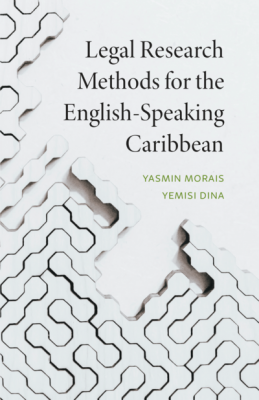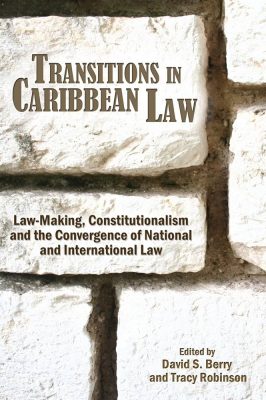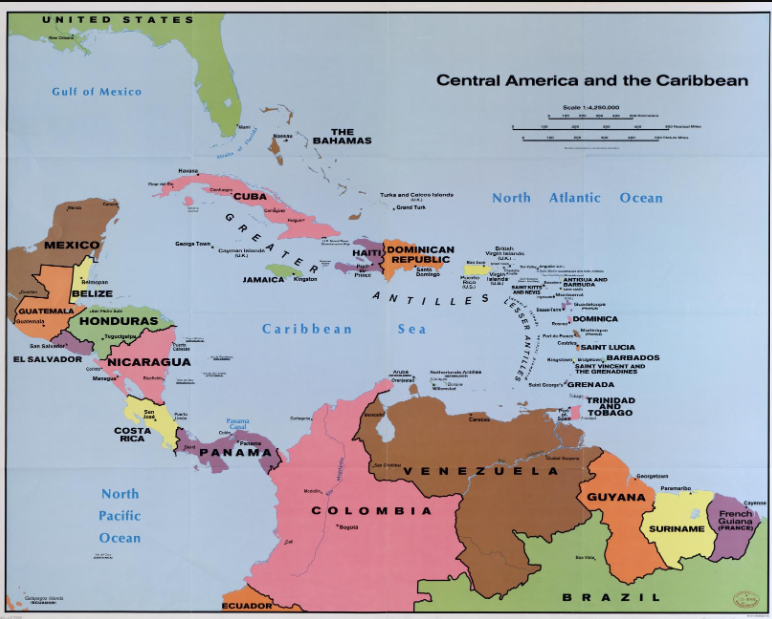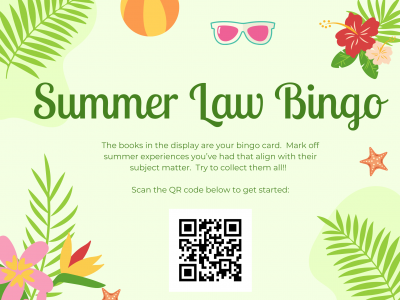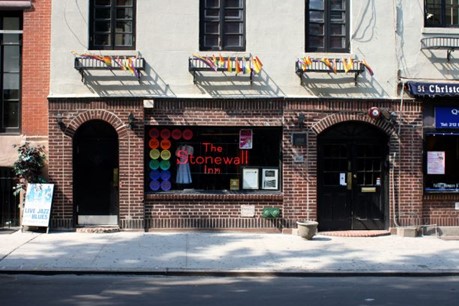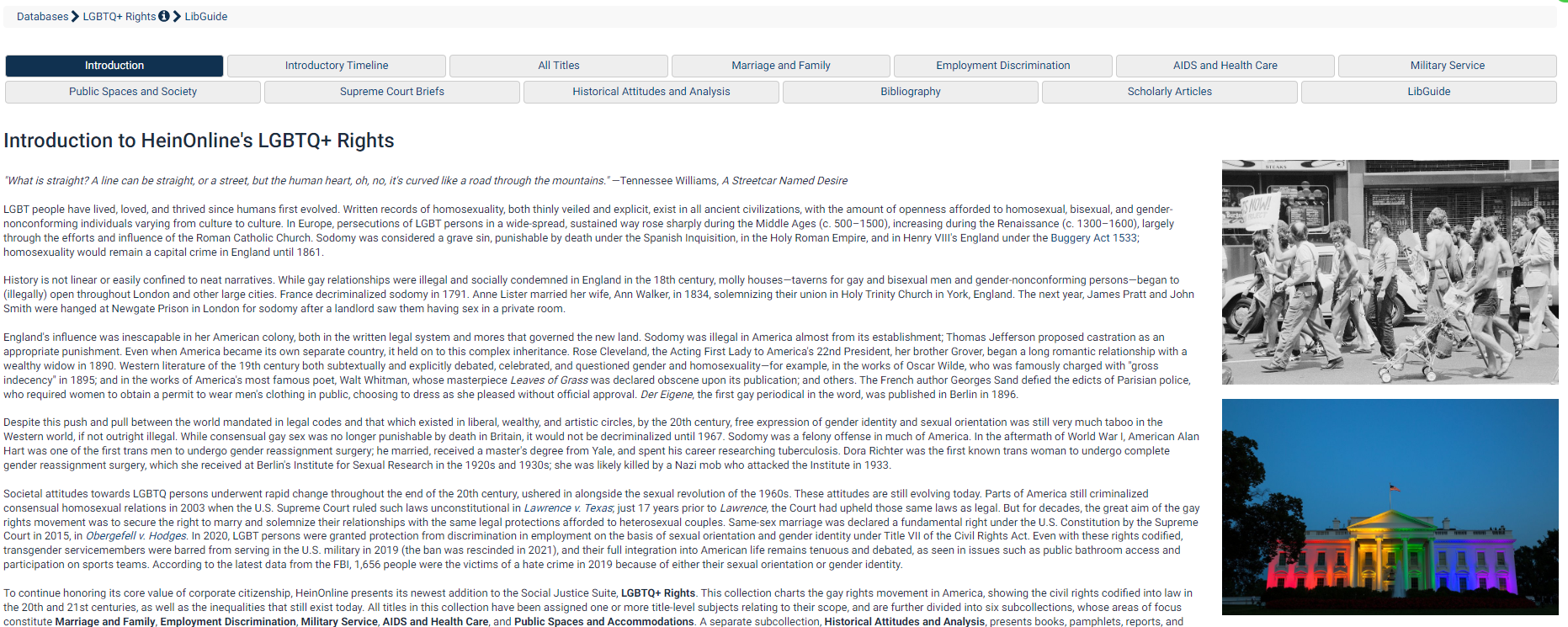Connecticut’s new fiscal year kicks off with dozens of new laws will go into effect—touching on everything from election security to education policy. While many of these changes are noteworthy, UConn Law Library would like to highlight one particularly important development for libraries and their patrons: Connecticut’s new legislation addressing restrictive e-book and audiobook licensing practices.
Spotlight on E-Book Access: A New Chapter for Connecticut Libraries
Starting July 1, 2025, a new Connecticut law aims to improve how libraries interact with e-book and audiobook publishers—addressing a long-standing concern in the library world over restrictive licensing agreements that limit digital access for patrons.
Under the new law, Connecticut libraries will be prohibited from entering into contracts with publishers that require them to re-purchase digital books after a certain number of checkouts or after a set time period, a common industry practice that many librarians argue is unsustainable and inequitable. These types of contracts often prevent libraries from offering consistent access to high-demand titles and strain already limited acquisition budgets.
However, there’s a catch: the law includes a trigger clause, meaning it will only take effect once at least one or more states with a combined population of 7 million people pass similar legislation. The Connecticut State Librarian is tasked with monitoring this threshold and reporting when it has been met, at which point the law would become active.
Local libraries and library associations have praised the legislation as a necessary step toward protecting public access to digital materials and curbing what they describe as “predatory practices” in the publishing industry. The law reflects a growing national conversation around digital ownership, equity of access, and the role of public libraries in a digital-first era.
As the legal landscape continues to evolve around e-lending and licensing, the law library will be monitoring developments across the country and providing updates as they become available.
While the new e-book licensing law is of special interest to libraries, many other laws are also coming into effect this July. Here’s a quick overview of some significant changes:
Street Takeovers: Municipalities with over 20,000 residents may now adopt ordinances allowing for the destruction of vehicles seized during illegal street takeovers, following a 30-day hold and efforts to notify the owners.
Education Curriculum Changes: Public schools must begin including Asian American and Pacific Islander (AAPI) studies starting in the 2025–26 school year. Schools will also be required to offer courses in civics, media literacy, and financial literacy as part of graduation requirements.
Election Security: Absentee ballot drop boxes must now be monitored by video surveillance from the day ballots are issued until the last are returned. Each voting district must also use a dedicated tabulator for counting votes.
Teacher Certification: Connecticut is removing the provisional certificate level and extending the validity of initial and professional teaching certificates to 10 years, with no master’s degree required for certification.
Sexual Assault Policy Reform: A new advisory council is tasked with creating a statewide model policy for responding to adult sexual assault cases. Law enforcement agencies must adopt a compliant written policy starting in September 2025.
Immigration Enforcement Limits: Schools must designate a staff member to handle communications with ICE or DHS and provide guidance on warrant procedures. Beginning October 1, individuals will be able to sue towns that assist federal immigration enforcement outside of legal requirements.
Higher Education Oversight: The Connecticut State Colleges and Universities system must adopt stronger financial controls and hire a compliance officer, following recent leadership-related fiscal controversies.
As Connecticut ushers in these new laws, July 1 marks not only the start of a new fiscal year but also a wave of policy changes that will impact communities, schools, and public institutions statewide. Whether you’re tracking legislative trends, researching legal impacts, or simply curious about how the law evolves, UConn Law Library is here to help you stay informed and engaged. Visit us for resources, research support, and updates on the legal issues that matter most.
